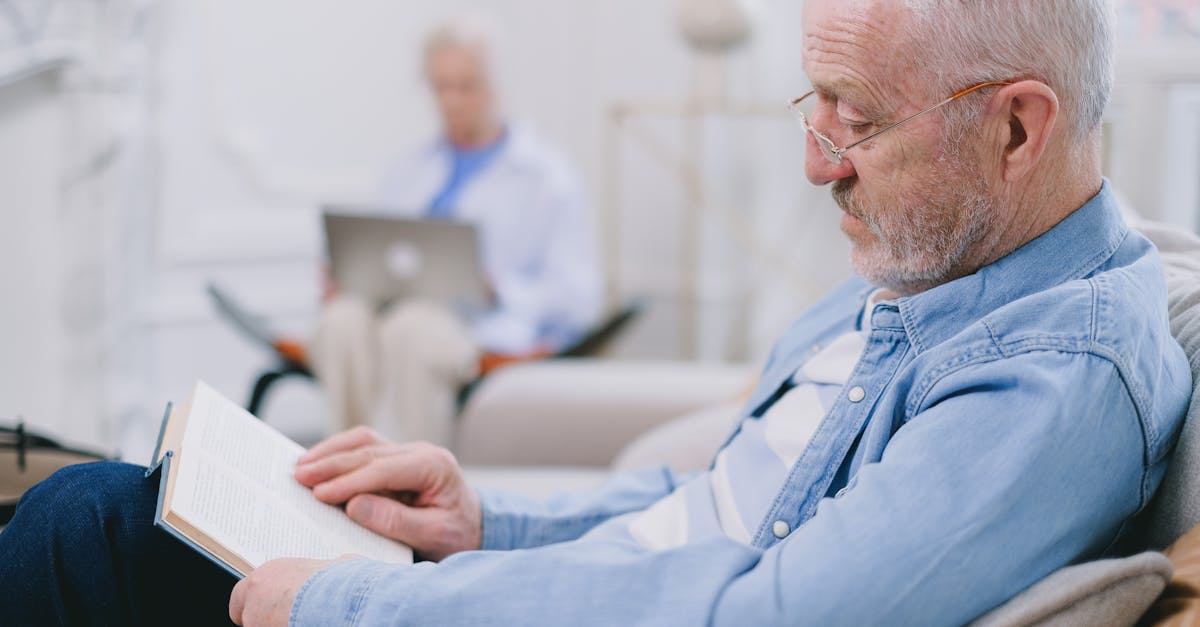
prove Sleep Patterns
Physical activity plays a crucial role in enhancing sleep quality and establishing healthier sleep patterns. Regular exercise helps to reduce anxiety and stress, which are often heightened during exam periods. Engaging in physical activities leads to the release of endorphins, those feel-good hormones that promote an overall sense of well-being. This not only aids in relaxing the mind but also helps create a more conducive environment for a restful night’s sleep.
Incorporating regular workouts into one’s routine can also help regulate the body’s internal clock. Exercise increases the duration of deep sleep, the most restorative phase of slumber. Additionally, maintaining a consistent exercise schedule encourages the body to shift into a natural rhythm, promoting timely sleep onset and reducing instances of insomnia. Choosing the right type of exercise can make a notable difference. Activities such as yoga or moderate aerobic workouts can be particularly beneficial, as they enhance relaxation and prepare the body for sleep.
Limiting Screen Time Before Bed
In a world dominated by screens, many find it challenging to disconnect, especially in the hours leading up to bedtime. Engaging with electronic devices such as smartphones, tablets, and computers can significantly hinder the body’s ability to wind down. The exposure to bright screens stimulates the brain, leading to increased alertness, which is counterproductive to obtaining a good night’s sleep.
Research indicates that the blue light emitted by these devices interferes with the production of melatonin, the hormone responsible for sleep regulation. To foster better sleep habits, it is advisable to set aside electronic devices at least an hour before bed. Reading a book, journaling, or practising relaxation techniques can serve as beneficial alternatives, allowing for a smoother transition into a restful state.
The Effects of Blue Light on SleepCopyright © APM PMQ Exam. All rights reserved.
Exposure to blue light in the evening significantly affects the body’s natural sleep-wake cycle. Devices such as smartphones, tablets, and computers emit this form of light, which can interfere with the production of melatonin, a hormone essential for regulating sleep. When melatonin levels drop, it can become increasingly difficult to fall asleep and maintain a restful slumber. This disruption can lead to increased feelings of stress and anxiety, particularly for students preparing for exams.
Many individuals overlook the impact of their evening screen time habits. Engaging with screens before bedtime often results in reduced sleep duration and compromised sleep quality. Strategies like setting a specific cut-off time for device use or switching to blue light filters can help mitigate these effects. Creating a calming nighttime routine, free from screens, promotes better sleep hygiene and supports overall mental well-being, especially during high-stress periods like exam preparation.
FAQS
How does nutrition impact sleep quality before exams?
Nutrition plays a crucial role in sleep quality. Consuming balanced meals rich in vitamins and minerals can promote better sleep, while unhealthy foods, especially those high in sugar and caffeine, can disrupt sleep patterns and increase stress levels.
What foods should I avoid for better sleep?
It's best to avoid caffeine-laden beverages, sugary snacks, and heavy meals close to bedtime. These can lead to difficulty falling asleep and lower sleep quality. Instead, consider consuming light snacks that help promote relaxation.
How can physical activity help improve sleep patterns?
Regular physical activity has been shown to improve sleep quality by helping to regulate the body's circadian rhythm. Exercise reduces stress and anxiety levels, making it easier to fall asleep and stay asleep, especially in the lead-up to exams.
What type of exercise is best for improving sleep?
Moderate to vigorous aerobic exercise, such as running, swimming, or cycling, is particularly effective for enhancing sleep quality. Additionally, activities like yoga and stretching can help relax the mind and body, preparing you for a restful night.
Why is limiting screen time before bed important for sleep?
Limiting screen time before bed is important because the blue light emitted from screens can interfere with the production of melatonin, the hormone responsible for regulating sleep. Reducing screen exposure can help signal to your body that it's time to wind down and prepare for sleep.
Related Links
Creating a Support System to Combat Exam PressureTechniques for Managing Exam Anxiety Effectively
Understanding the Impact of Nutrition on Exam Stress
Balancing Study and Relaxation for Improved Focus
Strategies for Maintaining Calm During Practice Exams